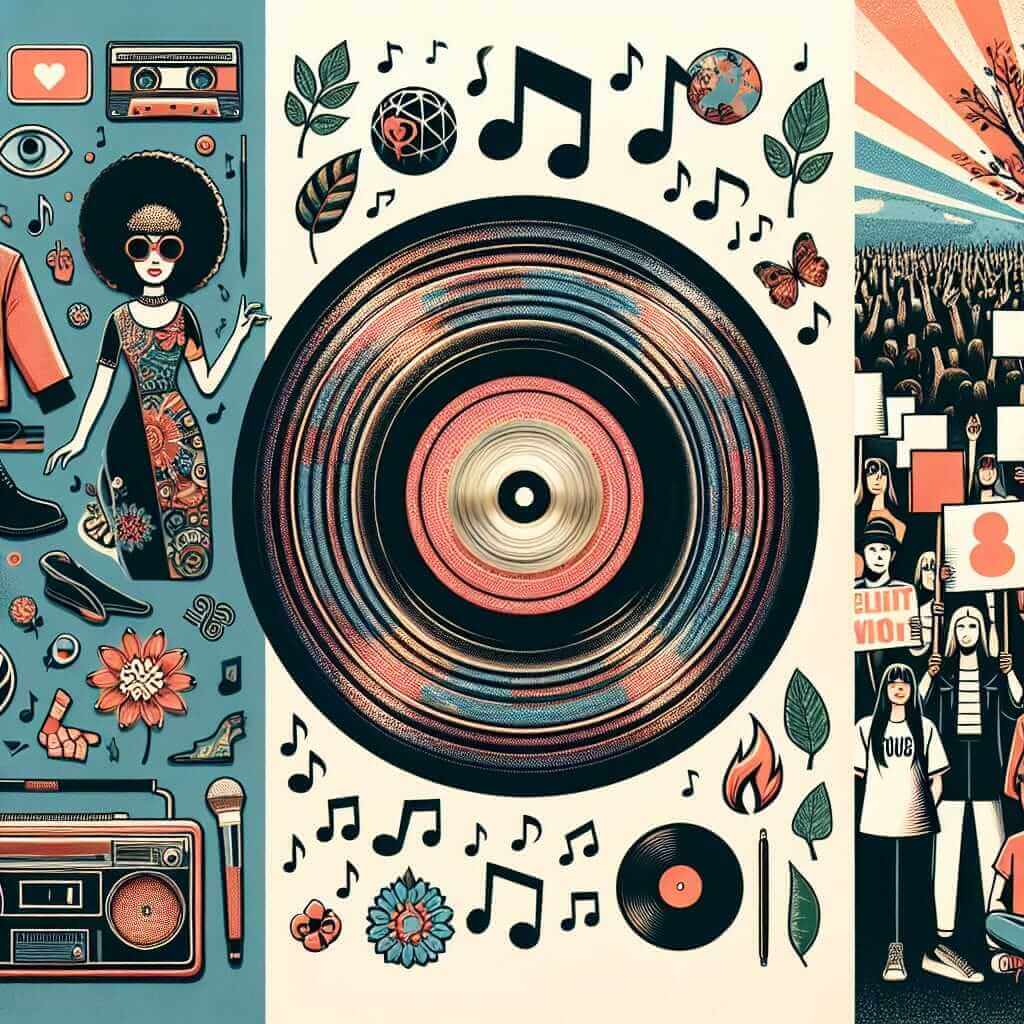The pervasive influence of social media on our lives is undeniable, and its impact on cultural trends is a topic that frequently appears in IELTS Writing Task 2. This essay will delve into the multifaceted ways in which social media shapes cultural norms, dissecting common queries and providing insights to help you craft compelling arguments in your IELTS exam.
The Influence of Social Media on Cultural Trends: Understanding the Scope
Before we dive into essay writing, let’s explore some potential IELTS Writing Task 2 questions surrounding this topic:
- To what extent do you agree that social media platforms are the primary drivers of cultural change in the 21st century?
- Discuss the positive and negative impacts of social media on cultural diversity.
- Analyze how social media has transformed the way we consume and perceive cultural products, such as music, fashion, and art.
Sample Essay: Social Media and Cultural Change
To what extent do you agree that social media platforms are the primary drivers of cultural change in the 21st century?
In this era of unprecedented technological connectivity, social media platforms have become ubiquitous, profoundly impacting our lives. It is argued that these platforms are the primary catalysts of cultural transformation in the 21st century. While I acknowledge their significant influence, I believe other factors also play a crucial role, making social media one agent of change among many.
Undeniably, social media platforms possess an unparalleled reach and immediacy, allowing for the rapid dissemination of information and ideas. Trends, whether in fashion, music, or social activism, can go viral within hours, transcending geographical boundaries and permeating diverse cultural groups. This interconnectedness fosters a sense of global community, blurring traditional cultural lines and accelerating the adoption of new customs and beliefs. For instance, the rise of K-pop, propelled by dedicated online fanbases, exemplifies how social media can propel niche cultural products to global prominence, impacting musical tastes and fashion trends worldwide.
However, attributing cultural change solely to social media platforms would be an oversimplification. Traditional media outlets, educational institutions, and government policies continue to shape cultural values and norms. News organizations, for example, still hold considerable sway in shaping public opinion, while educational curricula play a vital role in transmitting cultural knowledge and values across generations. Furthermore, individual choices and interpersonal relationships remain powerful drivers of cultural change, independent of social media’s influence.
In conclusion, while social media platforms undeniably exert a significant influence on cultural trends, it is important to recognize that they are part of a complex interplay of factors. Attributing cultural change solely to social media overlooks the enduring impact of traditional media, educational systems, government policies, and individual agency. Therefore, I believe that social media platforms are best understood as powerful accelerators and facilitators of cultural change, rather than its sole drivers.
Word Count: 325
Writing Tips:
- Vocabulary: Utilize a range of vocabulary related to technology, culture, and change. For example, instead of repeatedly using “influence,” consider synonyms like “impact,” “shape,” “mold,” or “affect.”
- Grammar: Demonstrate a variety of complex sentence structures. Utilize transition words and phrases (e.g., “However,” “Furthermore,” “In conclusion”) to ensure a logical flow of ideas.
- Structure: Follow a clear essay structure with an introduction, body paragraphs, and a conclusion. Within body paragraphs, use topic sentences to introduce your main points and provide supporting evidence and examples.
Key Vocabulary:
- Ubiquitous (adj.) /juːˈbɪk.wɪ.təs/ : Being or seeming to be everywhere at the same time.
- Dissemination (n.) /dɪˌsem.ɪˈneɪ.ʃən/ : The act of spreading something, especially information, widely.
- Viral (adj.) /ˈvaɪ.rəl/ : Spreading very quickly, especially through the internet.
- Niche (adj.) /niːʃ/ : Interesting to, aimed at, or affecting only a small number of people.
- Prominence (n.) /ˈprɒm.ɪ.nəns/ : The state of being important, famous, or noticeable.

Conclusion
Mastering the art of writing about the influence of social media on cultural trends is essential for success in the IELTS Writing Task 2. By understanding the nuances of the topic, utilizing relevant vocabulary, and structuring your essay effectively, you can confidently tackle this question type. Remember to practice writing essays on similar topics, such as the influence of the internet on global cultures or the impact of digital art on contemporary culture, to further enhance your skills.